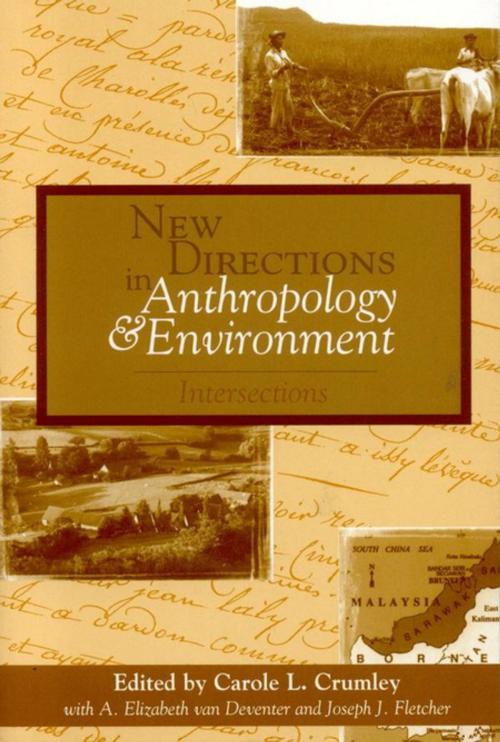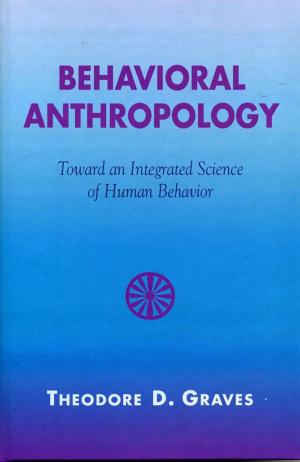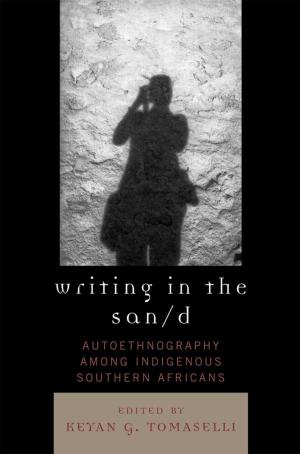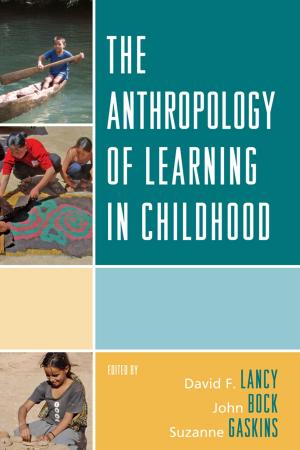New Directions in Anthropology and Environment
Intersections
Nonfiction, Social & Cultural Studies, Social Science, Anthropology| Author: | ISBN: | 9780585382593 | |
| Publisher: | AltaMira Press | Publication: | May 9, 2002 |
| Imprint: | AltaMira Press | Language: | English |
| Author: | |
| ISBN: | 9780585382593 |
| Publisher: | AltaMira Press |
| Publication: | May 9, 2002 |
| Imprint: | AltaMira Press |
| Language: | English |
Carole L. Crumley has brought together top scholars from across anthropology in a benchmark volume that displays the range of exciting new work on the complex relationship between humans and the environment. Continually pursuing anthropology's persistent claim that both the physical and the mental world matter, these environmental scholars proceed from the holistic assumption that the physical world and human societies are always inextricably linked. As they incorporate diverse forms of knowledge, their work reaches beyond anthropology to bridge the sciences, social sciences, and the humanities, and to forge working relationships with non-academic communities and professionals. Theoretical issues such as the cultural dimensions of context, knowledge, and power are articulated alongside practical discussions of building partnerships, research methods and ethics, and strategies for implementing policy. New Directions in Environment and Anthropology will be important for all scholars and non-academics interested in the relation between our species and its biotic and built environments. It is also designed for classroom use in and beyond anthropology, and students will be greatly assisted by suggested reading lists for their further exploration of general concepts and specific research. Learn more about the author at the University of North Carolina Anthropology Department web pages.
Carole L. Crumley has brought together top scholars from across anthropology in a benchmark volume that displays the range of exciting new work on the complex relationship between humans and the environment. Continually pursuing anthropology's persistent claim that both the physical and the mental world matter, these environmental scholars proceed from the holistic assumption that the physical world and human societies are always inextricably linked. As they incorporate diverse forms of knowledge, their work reaches beyond anthropology to bridge the sciences, social sciences, and the humanities, and to forge working relationships with non-academic communities and professionals. Theoretical issues such as the cultural dimensions of context, knowledge, and power are articulated alongside practical discussions of building partnerships, research methods and ethics, and strategies for implementing policy. New Directions in Environment and Anthropology will be important for all scholars and non-academics interested in the relation between our species and its biotic and built environments. It is also designed for classroom use in and beyond anthropology, and students will be greatly assisted by suggested reading lists for their further exploration of general concepts and specific research. Learn more about the author at the University of North Carolina Anthropology Department web pages.















